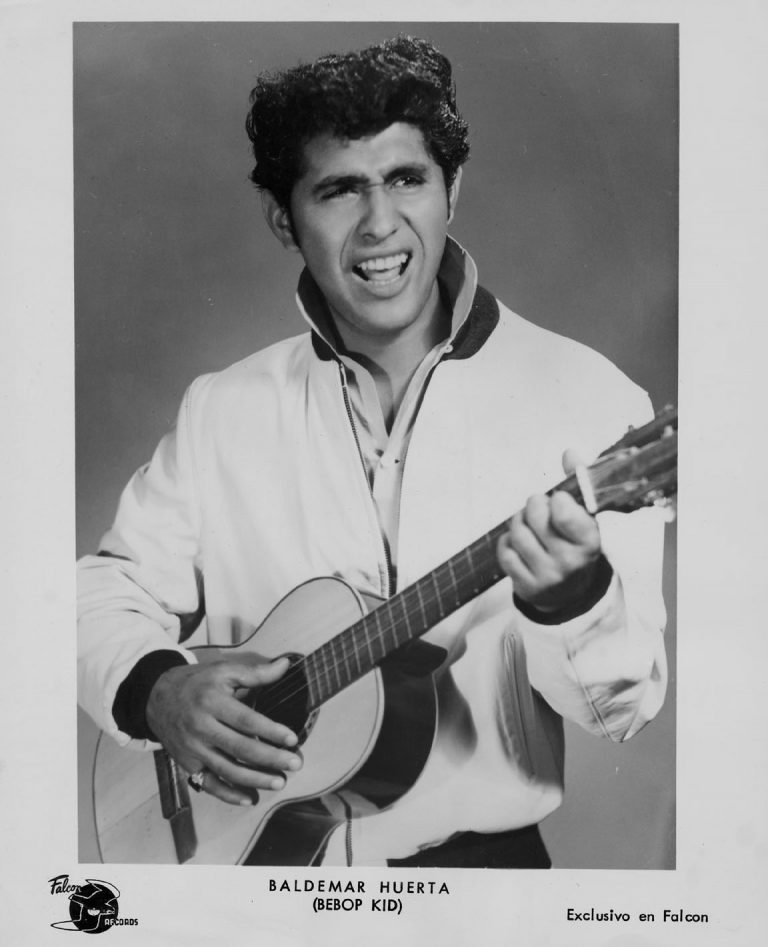A Demo in the Rough
By Juan Antonio Cuéllar,
Frontera Collection Curator
As the Head Digitizing Engineer of the Frontera Collection from 2002 until early 2022, I was fortunate to discover some incredible, previously unprocessed recordings. When I started working at the Foundation, there were still many piles and boxes of records that needed to be ingested into the Frontera Collection. I will never forget the day I came across an astonishing artifact that had been in our vault for an unknown amount of time before a needle was ever dropped on it.
One day, Chris and I were in the vault going through the shelves of 45s that still needed to be processed and digitized, while casually talking about some of the small regional Texas labels that he was fond of. Throughout the vault, there were scattered stacks and boxes of 78s and 45s. We had to spot-check these records for their condition and cross-reference them in our database of missing catalog numbers. Like many collectors, when I see a stack of records I have an instinctive habit of thumbing through them with their weight carefully rested on my belly. This is what I was doing when, with one ear firmly on my conversation with Chris, I came across an acetate with a handwritten name on the label: Baldemar Huerta. I asked Chris about the record. As he looked it over, he couldn’t remember where he got it but he did confirm that this was an early recording of the great Freddy Fender. (In 1958, Huerta legally changed his name to Freddy Fender.)

Baldemar Huerta, “Bebop Kid.” Promo for Discos Falcon, circa 1958
Initially, I thought this was a homemade cut job of an official Falcon or Ideal release, since record cutters were becoming more affordable towards the middle of the 1950s. I ran upstairs and processed the record right away. I was blown away by what I heard! Being a huge fan of Freddy Fender’s early rock and roll recordings with Falcon Records and Discos Ideal, I was left speechless. After digitizing the record, I ran back down to the vault to share the sound files with Chris and discuss the possible origins of this recording. We surmised that this acetate was a four-song demo that Fender cut for either Falcon Records or Discos Ideal around the mid-1950s.
Most of these English language tracks were eventually recorded and commercially released on the Argo label. The track “A Man Can Cry” went on to be recorded by The Texas Tornados for their debut album of the same name. “It’s Too Late To Remedy” never got released, but the other songs were eventually released by U.K.-based Krazy Kat Records.
This recording really highlights the distinct, instantly recognizable timbre in Fender’s voice, which helped propel him to stardom in both Spanish language music and country music. I invite you to listen to this fascinating piece of American music history below, and to bookmark this page for more insights into the inner workings of the Arhoolie Foundation.
Songs:
- “A Man Can Cry”
- “It’s Too Late to Remedy”
- “Louisiana Blues”
- “Pink Cadillac”
To explore more hidden gems from the Frontera Collection, check out our YouTube channel. And stay tuned to the blog for more stories from the archive!


